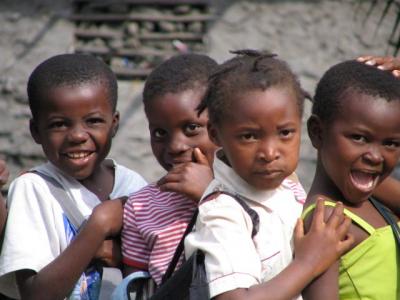Join Us For the Global Health: Next Decade, Next Generation Symposium
The Department of Global Health at the University of Washington is celebrating our 10th anniversary. Together with eight other Washington-based global health organizations, many of whom are also celebrating major anniversaries, and our international partners, we are delighted to host Global Health: Next Decade, Next Generation on February 8, 2017 from 8 a.m. - 4:30 p.m.
Join us to welcome world-renowned leaders in global health research, education, policy and practice. Featured speakers who will explore pressing challenges in global health include:



